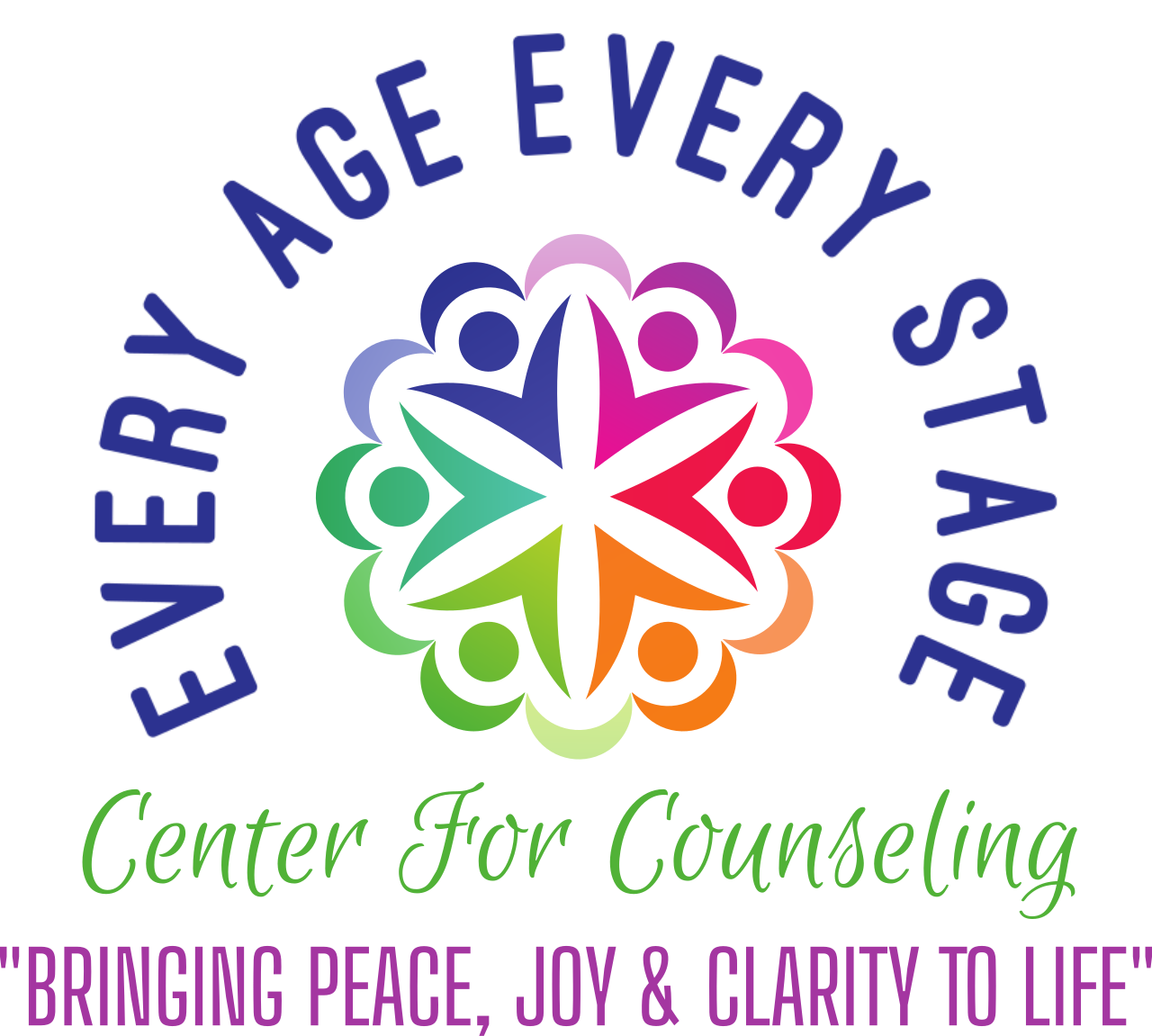By Lana Smith
•
May 19, 2023
Erik Erikson was a developmental psychologist who proposed a theory of psychosocial development, which consists of eight stages that individuals go through across the lifespan. Each stage involves a psychosocial crisis or challenge that must be resolved in order for the individual to develop a healthy sense of self and move on to the next stage. Below is an overview of Erikson's eight stages of development: 1. Trust vs. Mistrust (Infancy, 0-1 year): In this stage, infants learn to trust their caregivers to provide for their basic needs. If caregivers are responsive and consistent, infants develop a sense of trust. If caregivers are unresponsive or inconsistent, infants may develop a sense of mistrust. 2. Autonomy vs. Shame and Doubt (Early Childhood, 1-3 years): In this stage, children begin to assert their independence and control over their environment. If caregivers are supportive and allow for reasonable levels of autonomy, children develop a sense of self-confidence and autonomy. If caregivers are overly controlling or critical, children may develop a sense of shame and doubt about their abilities. 3. Initiative vs. Guilt (Preschool, 3-6 years): In this stage, children begin to take on more responsibility and initiate activities. If caregivers encourage children's exploration and initiative, children develop a sense of purpose and direction. If caregivers discourage exploration and initiative, children may develop a sense of guilt and inadequacy. 4. Industry vs. Inferiority (School Age, 6-12 years): In this stage, children begin to develop a sense of competence and mastery in academic and social domains. If children experience success and recognition for their efforts, they develop a sense of industry. If they experience failure or criticism, they may develop a sense of inferiority. 5. Identity vs. Role Confusion (Adolescence, 12-18 years): In this stage, adolescents begin to explore and develop their identities. If they are successful in establishing a clear sense of self, they develop a sense of identity. If they experience confusion or uncertainty about their identity, they may experience role confusion. 6. Intimacy vs. Isolation (Young Adulthood, 18-40 years): In this stage, young adults begin to form close relationships with others. If they are successful in forming intimate relationships, they develop a sense of intimacy. If they are unsuccessful or avoid intimacy, they may experience feelings of isolation.\ 7. Generativity vs. Stagnation (Middle Adulthood, 40-65 years): In this stage, adults focus on contributing to society and making a meaningful impact on future generations. If they are successful in achieving generativity, they develop a sense of fulfillment and purpose. If they are unable to contribute or feel stagnant, they may experience feelings of stagnation. 8. Integrity vs. Despair (Late Adulthood, 65+ years): In this stage, older adults reflect on their lives and evaluate their accomplishments. If they feel satisfied with their achievements and have a sense of integrity, they develop a sense of wisdom and acceptance. If they feel regret or disappointment, they may experience feelings of despair.



